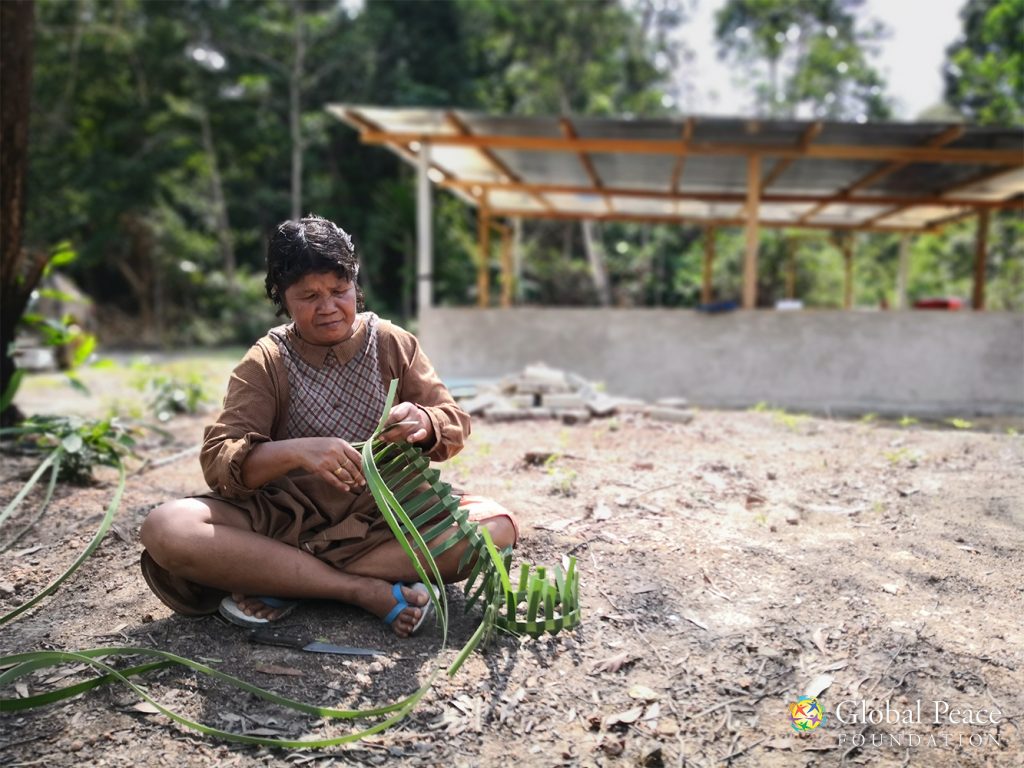
International Day of Rural Women is observed on October 15th every year, a day that brings to the forefront rural women’s important yet uncelebrated role in development – from being caregivers in families, guardians of indigenous knowledge, and workers in agriculture.
“Structural barriers and discriminatory social norms continue to constrain women’s decision-making power and political participation in rural households and communities. Women and girls in rural areas lack equal access to productive resources and assets, public services, such as education and health care, and infrastructure, including water and sanitation, while much of their labour remains invisible and unpaid, even as their workloads become increasingly heavy due to the out-migration of men. Globally, with few exceptions, every gender and development indicator for which data are available reveals that rural women fare worse than rural men and urban women, and that they disproportionately experience poverty, exclusion and the effects of climate change.” – United Nations
This International Day of Rural Women, we would like to share the stories of four Orang Asli (indigenous) women – Diyana, Sabiah, Norisah, and Surayati – to highlight the burden that these women carry and the sacrifices they make for the sake of their children and community.
Sabiah: I Want My Grandchildren to Remember Me After I’m Gone
When Sabiah saw a photograph of herself that I took a few months ago, her face broke into a smile wider than the one she sported in it. She was seated on the ground weaving a traditional headdress. In the background stood a community hall that she helped build with the other women in the village.
We worked with Sabiah’s community on our biggest water project yet, a labour-intensive effort that was spread out over a few months. Sabiah was one of the main movers of the project. Before starting construction work for the water project, she would gather with the women and cook breakfast, making sure everyone was well-fed.
She helped with mixing cement and laying bricks for the facilities planned, a task that left both her arms painfully sore at the end of the day. Her back ached from shovelling sand and squatting for long periods of time. Yet, she did it knowing that she’s leaving behind a legacy for her descendants.
“Please send me any more photos you have of me,” said Sabiah. “I want to keep them for my grandchildren so that they will remember me after I’m gone.”












